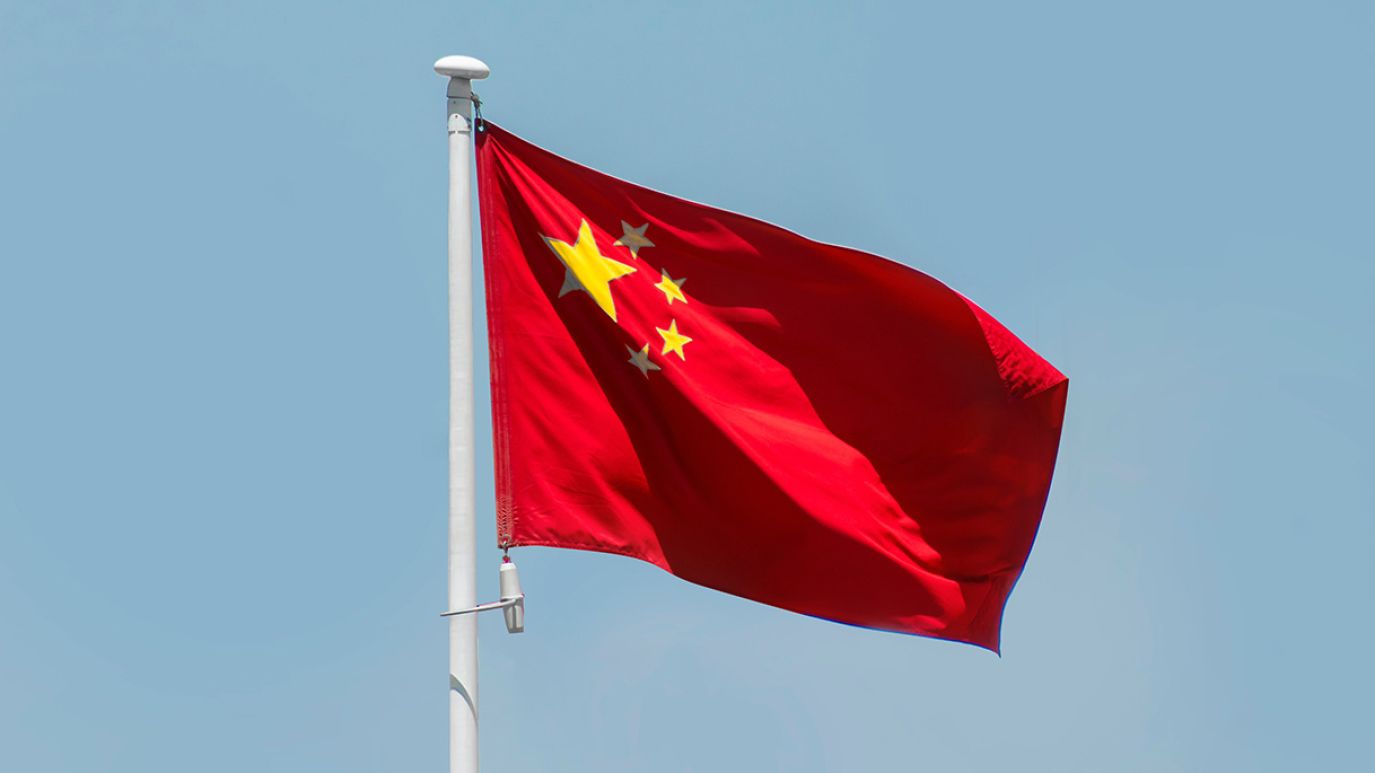Countering China’s Malign Influence Operations in the United States

On 27 September 2023, Alan Kohler (the retired Assistant Director for Counterintelligence in the US) testified before the Senate Select Committee on Intelligence Hearing to discuss the foreign malign influence and transnational repression activities carried out by the government of the People’s Republic of China (PRC).
China’s Malign Influence Efforts
In his opening remarks, Kohler stated: “The Chinese government, run by the Chinese Communist Party (CCP), is a threat to the American way of life.” He noted that China (which refers to the PRC, controlled by the CCP) is engaged in a diverse campaign to influence US society, its economy, and institutions – not just at the national level, but also at a subnational level, where it has made successful undeclared attempts to influence governors, mayors, economic development specialists, and corporate leaders, among others. “The Chinese government understands that politicians in smaller roles today may rise to become more influential over time,” stated Kohler.
It is essential to educate the American people, at all levels, about the CCP’s intentions and tactics, so that Americans can identify attempts to influence them, said Kohler, adding: “whole-of-government and whole-of-society response” is required.
China’s Transnational Repression
The PCR government is engaging in transnational repression (TNR) – to silence, intimidate, harass, and even kidnap or murder dissidents who dare to criticize them – around the world, and is not the only country to do so. Kohler warned that the PCR is becoming emboldened by the lack of significant consequences, accounting for nearly 30 per cent of 854 TNR cases between 2014 and 2022, according to Freedom House. Freedom House noted that TNR is becoming “a normal phenomenon”.
TNR tactics include online harassment, coercion by proxy, freezing of assets, cyberattacks, use of spyware, online disinformation campaigns, surveillance, physical intimidation, assault, and forced repatriation. Kohler called for new laws to criminalize TNR behavior, including stalking, wire fraud, lying to federal law enforcement, obstruction of justice, and acting on behalf of a foreign power. Currently, it is not illegal for a private investigator to conduct surveillance for a foreign government.
FBI and USG Response to China’s Malign Foreign Influence (MFI) and Transnational Repression
As well as creating the Foreign Influence Task Force (FITF), a multi-agency component managed by the FBI’s Counterintelligence Division, following the 2016 elections, the FBI now partners with entities in the US Departments of State and Homeland Security, among other agencies, to address the threat of MFI. One highlight of the FBI’s outreach effort is its Threat Intimidation Guide, Kohler stated, which details the types of threats a person could face and provides guidance on how to respond. The guide is available on the FBI’s website and has been translated into dozens of languages.
Another particularly effective partnership is the Counterintelligence Task Forces located in all 56 FBI field offices. However, Kohler noted that while the collective USG counterintelligence team is more effective and efficient than ever, it is still vastly outnumbered by “our ever-adapting adversaries”.
Examples of Alleged MFI and TNR Activity
Since 2020, the Department of Justice has charged dozens of individuals for activity related to MFI or TNR, including the arrest of Liang Litang for acting as an undeclared agent of the PRC, the charging of 44 Chinese nationals for conducting online disinformation campaigns, and “in the most brazen violation of all”, in April 2023, the USG charged two individuals for allegedly running an undeclared police station on US soil on behalf of the MPS.
Kohler concluded with mulitple recommendations for consideration by the Committee, including educating US citizens, increased partnerships throughout US society at all levels, and new laws against TNR.
Read the full submission, here.
China’s 5G influence in developing economies
China’s Belt and Road Initiative and its digital counterpart, the Digital Silk Road, threaten to displace US telecom and tech companies in developing economies in Africa, Latin America and the Middle East. How can US operators and network providers stand up to the challenge?